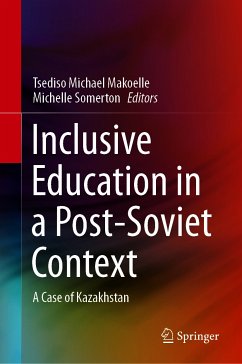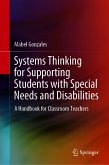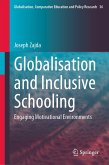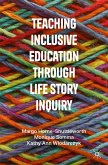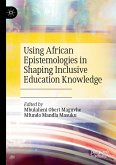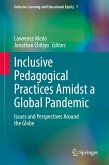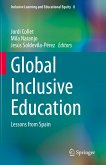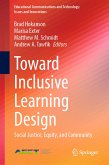This book provides the first evidence-based reference about inclusive education in Kazakhstan, one of the post-Soviet Union countries. This nation, as well as many other central Asian countries, is undergoing a radical transformation and change in education which encompasses the implementation of inclusive and special education. This book is composed of chapters synthesized from various studies and captures different aspects of the implementation of inclusive education in Kazakhstan.
The implementations of inclusive education in any educational system require a multi-dimensional, multi-level and an integrated approach. It requires collaborative efforts on part of all stakeholders including governance, pedagogical, auxiliary and support structures. This book is a collection of evidence-based studies in a Kazakhstani educational context that demonstrates the multifaceted nature of the process to realize an educational system that is inclusive. The book highlights someof the fundamental requirements and challenges for this process to succeed.
Among the main issues addressed in this book are the understanding of inclusive education, the transition towards inclusive education given the soviet legacy, the role of school leadership, teachers, parents and other stakeholders in the process. The findings in each chapter demonstrate some of the milestones and challenges of inclusivity. This work will be of interest to academics, scholars, students and teachers in this field.
Dieser Download kann aus rechtlichen Gründen nur mit Rechnungsadresse in A, B, BG, CY, CZ, D, DK, EW, E, FIN, F, GR, HR, H, IRL, I, LT, L, LR, M, NL, PL, P, R, S, SLO, SK ausgeliefert werden.

